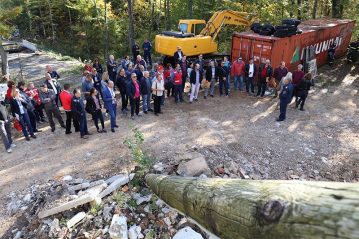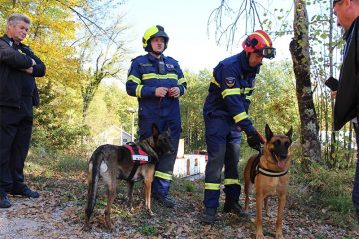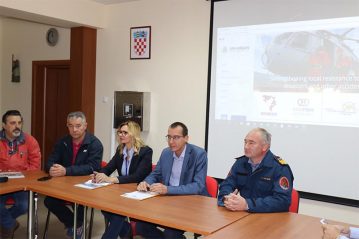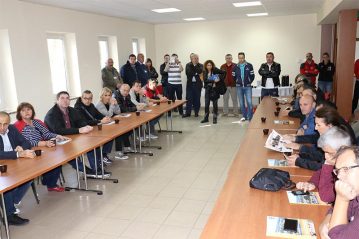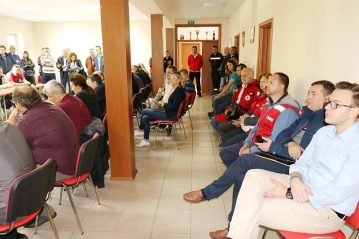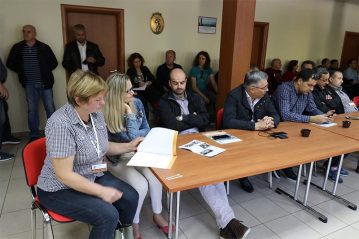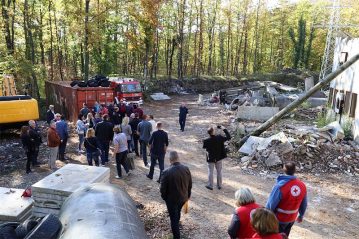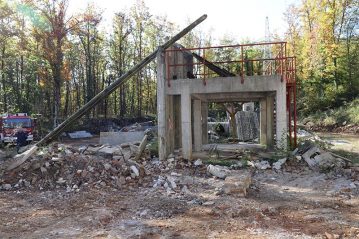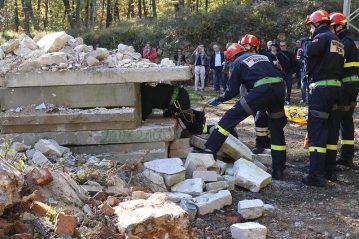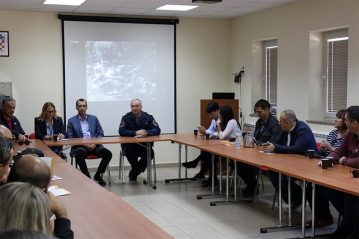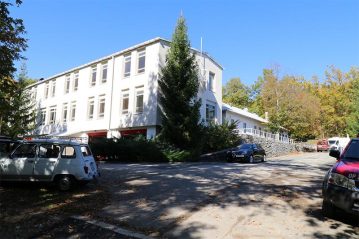OPATIJA 16.-18. 9. 2017.
Disaster risk reduction is a multidisciplinary issue.
While planning for emergency situations the following factor shall be taken into account:
vulnerability, available capacities, identified risks and the exposure of vulnerable groups to the identified risk with an analysis of risk as time passes. With the aim of disaster risk reduction it is necessary to focus on the role of civil society and especially their relationship to vulnerable groups.
The goal of disaster risk reduction is focusing on the influence of risk on vulnerable groups and how civil society can help mitigate the risk of disasters.
During three global conferences held in 2015 and 2016 new documents for the politics of disaster risk reduction were adopted:
– The Sendai Framework with Global aims and Priority action for DRR 2015-2030
– The Sustainable Development Goals SDG
– The Paris Agreement on climate change
As a result of the World humanitarian summit held in June 2015 a document came out, that consists of three chapters:
– the area of convergence between global directives
– six natural disasters ( earthquake, landslide, flood, drought, heat wave, wildfire) and technological incidents
– vulnerable groups of the Western Balkans and reasons for their appearance
– identifying vulnerable groups of the Western Balkans and explaining the key for the identification
Chapter two talks about natural disasters and disasters due to human activity. Many disasters are a result of irresolvable problems while managing risks and consequences of wrong choices concerning the development of a particular area. It shows that risks of disasters are connected to the location and are dynamic, as well as that spatial planning and the use of programme tools for spatial planning is extremely important for managing risks because natural risks know no boundaries. Civil Protection Mechanism is focused on strengthening cooperation between the Union and
member states as well as facilitating coordination in areas of civil protection in order to improve the efficiency of the prevention system, preparedness for and response to natural disasters and disasters due to human activities. The Mechanism shall principally ensure protection of the population, environment and property, including cultural goods, from all forms of natural disasters and disasters due to human activities, including ecological disasters, marine pollution and health emergencies, occurring inside and outside of the Union.
The role of regional and local authorities in managing disasters is very important. Hence regional and local authorities shall be appropriately included in the activities implemented pursuant to the decision of the European Parliament and the Council establishing the Civil Protection Mechanism in accordance with national structures and regulations of member states.
The priorities of the Sendai politics for disaster risk reduction and big catastrophes are primarily focused on:
– establishing and strengthening the coordination between state organizations, that are comprised of relevant participants (operative forces) at national and local level, such as national and local platforms for disaster risk reduction;
– active participation of regional and local platforms for disaster risk reduction and thematic platforms in global platforms for disaster risk reduction. All in order to create effective partnerships and secure the provision of a timely response to big catastrophes and disasters;
– improvement of collaboration between participants at local and regional level, primarily via associations and non- government organizations with the aim of raising awareness of climate changes and disasters risks;
– the support of developing local, national, regional and global systems and services for information exchange about good experiences, politics, plans and measures for disaster risk reduction, that are because of their cost- effectiveness and technological simplicity acceptable to the user.
The goal of the SEE URBAN project is in accordance with the SENDAI politics, notably in regards to strengthening cooperation at local and regional level on the territory of urban disaster risk reduction, establishing partner networks and a database with implementation documents in the area of disaster risk reduction. Also, by exchanging experience and by mutual cooperation it is our intention to strengthen the knowledge of our partners at local/regional level on the topic of urban risks.
Strengthening the prevention and role of local and regional levels in the area of urban risks, are the basic preconditions for a timely response in order to disaster risk reduction. It is precisely for this reason that the cooperation between the local and regional self- government units on the project SEE URBAN and their inclusion in the global platform is so important. It will ensure better communication and strengthen the prevention in the area of urban security in countries and the territory of South East Europe.




